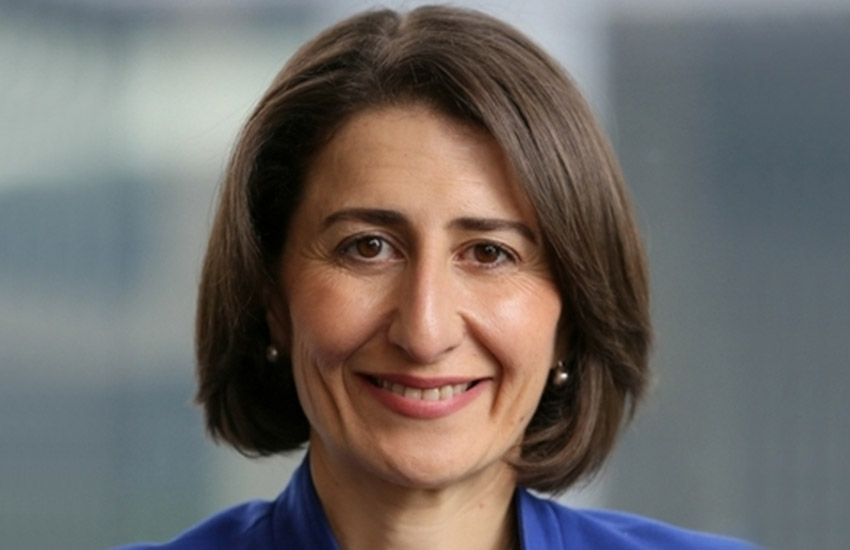NSW announces $24m innovation and research program
BusinessThe Berejiklian government will offer small and medium-sized businesses up to $24 million in grants over two years to commercialise solutions for the government’s agencies.

The NSW government on Tuesday announced its Small Business Innovation Research (SBIR) program, a scheme geared toward encouraging small and medium-sized businesses to solve government initiatives related to five of the state’s key initiatives.
The program was the first priority action recommendation tabled in the Turning Ideas into Jobs – Accelerating Research & Development in NSW Action Plan launched by NSW Premier Gladys Berejiklian in January.
“The Action Plan stressed the increasing need to be proactive in supporting and attracting new businesses,” Ms Berejiklian said, “especially in future industries that will sustain economic growth, productivity and employment.
“The SBIR program will provide competitive grants for SMEs to find and commercialise innovative solutions to NSW Government agencies for five well-defined problems.”
Eligible businesses will be provided a total of $24 million in grants over two years to commercialise innovative solutions to state issues related to connectivity, hyperlocal navigation, the state’s koala count, personal protective equipment (PPE) and water purification.
The SBIR program has three phases. The first centres around a feasibility study, which sees an SME’s proposal submission undergo a funded, three-month assessment, bolstered by $100,000 in government funds.
Businesses that make it past the feasibility study are then invited to apply for the proof-of-concept phase, where applications are again assessed before successful applicants afforded funding of up to $1 million to develop a proof of concept over 15 months.
The final phase sees government agencies assess successful concepts and consider purchasing successful solutions. The Berejiklian government notes that “not all SME applications will proceed through all phases”.
Parliamentary secretary to the premier, Gabrielle Upton, urged business leaders to apply for the grant which, for those successful, will benefit both the state and its businesses that will continue to profit off the commercial solutions that emerge as a result of the program.
“The program will tackle important challenges including assisting vision-impaired customers navigate the public transport network, increasing the resilience of regional and remote communications networks, quantifying the number and extent of koalas in NSW, reducing contamination in wastewater and reducing PPE waste in the health system,” Ms Upton said.
“The SBIR program will not only support NSW SMEs to develop innovative solutions to government challenges, but the challenges have been specifically chosen to ensure that the successful SMEs can also sell their solutions to other customers in local and international markets.”
David Gonski, chair of the Advisory Council – host to the leaders who steered the NSW Action Plan – welcomed the SBIR program launch, saying the commercialisation of research and development should be treated as a priority as the economy recovers from the pandemic.
“The impact of COVID-19 on economic growth and job creation makes the task to commercialise more R&D an urgent one,” Mr Gonski said. “Rapidly translating ideas into new products and services will be integral to our recovery from the pandemic.”
NSW chief scientist and engineer, Professor Hugh Durrant-Whyte, said research and development was key to delivering problem-solving solutions for some of the state’s most “pressing problems”.
“Like the Medical Devices Fund and Physical Sciences Fund, the SBIR program is an excellent example of the NSW Government’s commitment to leverage the capacity of SMEs’ NSW-based R&D to address the state’s most pressing problems and provide solutions which deliver a social, environmental, health or economic benefit,” Mr Durrant-Whyte said.




